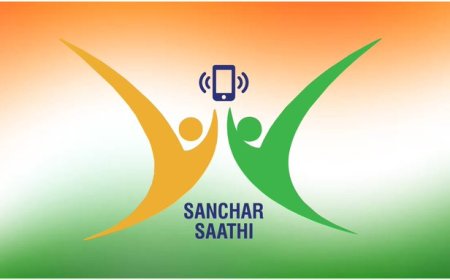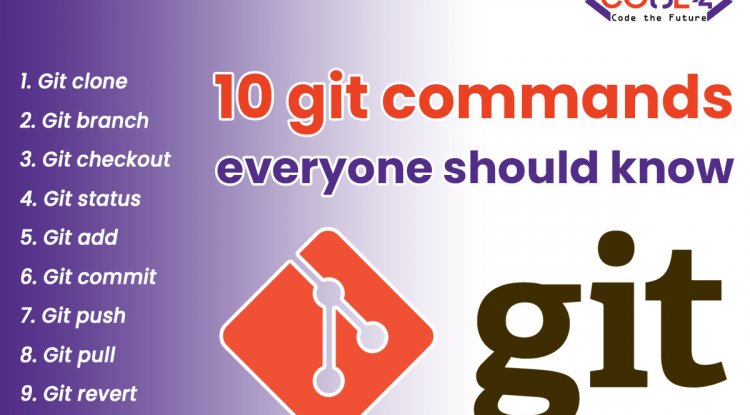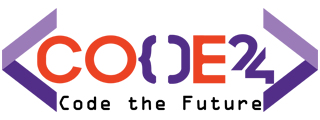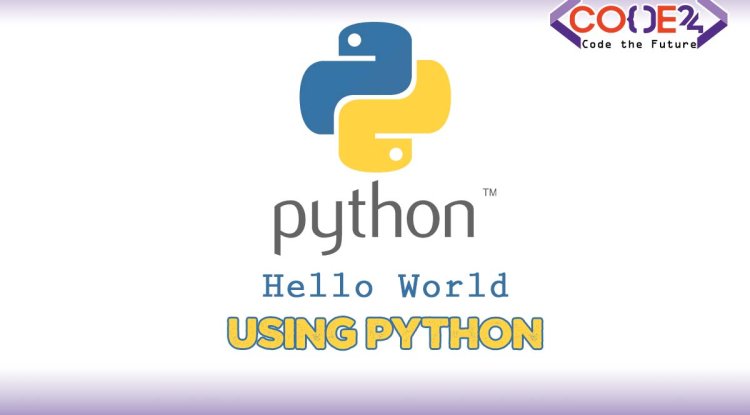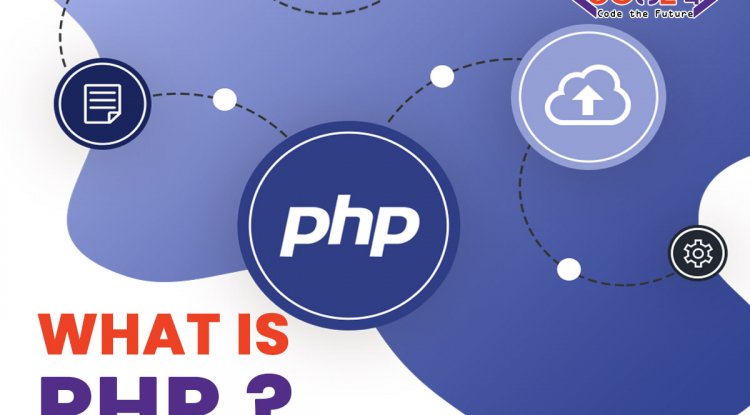Is PHP a Dying Language? Examining the Myths and Realities
This question has been raised repeatedly in recent years, as new languages emerge and the technology landscape evolves. This blog examines the myths and realities surrounding PHP, providing an in-depth analysis of its current status and future prospects. This blog will explore the debate around the future of PHP as a programming language, debunking myths and providing insights into its continued relevance in modern web development.

Introduction
For years, PHP has been a popular programming language, powering websites and web applications all over the world. However, as new programming languages emerge and gain popularity, some people are starting to question the future of PHP. Is PHP a dying language? In this blog post, we’ll explore the current state of PHP, its strengths and weaknesses, and whether or not it’s still a relevant language in today’s world.
What is PHP?
PHP is a popular scripting language used to build dynamic web pages and web applications. It was first released in 1995 and has since become one of the most widely used programming languages for web development. PHP is open-source and has a large community of developers who contribute to its development and support.
Strengths of PHP
- Large Community: PHP has one of the largest developer communities in the world. This means that there are plenty of resources available for developers, including documentation, tutorials, and forums.
- Ease of Use: PHP is known for its ease of use, making it an ideal language for beginners. It has a simple and straightforward syntax that is easy to learn, and there are plenty of tools available to help developers build applications quickly.
- Versatility: PHP can be used for a wide range of applications, from small personal websites to large enterprise-level applications.
- Integration with Other Technologies: PHP can be easily integrated with other technologies such as MySQL, Apache, and Linux.
Weaknesses of PHP
- Security: PHP has been criticized for its security vulnerabilities, especially in older versions of the language. However, recent updates have addressed many of these issues.
- Performance: PHP is not as fast as other programming languages, such as Java or C++. This can be an issue for high-traffic websites or applications.
- Code Maintainability: PHP can be difficult to maintain as applications become more complex. The language lacks some of the features that make it easy to maintain large applications.
- Inconsistencies: PHP has a number of inconsistencies in its syntax and function naming, which can make it difficult for developers to remember how to use certain functions or features.
Is PHP a Dying Language?
So, is PHP a dying language? Absolutely not. In fact, it continues to evolve and adapt to changing technological landscapes. Its popularity in web development is a testament to its usefulness and effectiveness as a tool. Enterprises may not use it exclusively for all their applications, but it is an essential part of their technology stack.
Despite some of its weaknesses, PHP is still a widely used language for web development. According to the TIOBE Index, PHP is currently the 7th most popular programming language. It’s used by some of the biggest websites in the world, including Facebook, Wikipedia, and WordPress.
While there has been some concern over the future of PHP, the language is still being actively developed and maintained. In fact, PHP 8 was released in November 2020, with several new features and performance improvements.
In addition, there are still plenty of job opportunities for PHP developers. According to Glassdoor, the average salary for a PHP developer is $80,000 per year in the United States.
Here's a table of the top 10 popular programming languages on GitHub over the last 5 years:
| Year | #1 | #2 | #3 | #4 | #5 | #6 | #7 | #8 | #9 | #10 |
|---|---|---|---|---|---|---|---|---|---|---|
| 2021 | JavaScript | Python | Java | TypeScript | PHP | C# | C++ | Ruby | CSS | Go |
| 2020 | JavaScript | Python | Java | TypeScript | PHP | C++ | C# | Shell | Ruby | Objective-C |
| 2019 | JavaScript | Python | Java | TypeScript | PHP | C# | Shell | C++ | Ruby | Objective-C |
| 2018 | JavaScript | Python | Java | TypeScript | Ruby | PHP | C++ | CSS | C# | Shell |
| 2017 | JavaScript | Python | Java | Ruby | PHP | CSS | TypeScript | C++ | C# | Shell |
Note that the rankings are based on the number of pull requests created in each language on GitHub, so they may not be a perfect reflection of overall popularity. Nonetheless, they do provide some interesting insights into trends in programming languages over the last 5 years.
PHP powers 80% of the web
PHP, a popular programming language, has recently been a topic of debate in a podcast about its suitability for enterprise application development. Some argue that it is not widely adopted by enterprises, which traditionally use Java or .Net. However, it's important to understand that every tool has its strengths and weaknesses, and PHP excels at web application development. In fact, it powers nearly 80% of websites on the internet.
Choosing the right tool for the job is crucial, and for web applications, PHP is often the best choice. Despite the misconception that PHP is not an enterprise language, nearly every enterprise utilizes it in some fashion, whether for their website, blog, or internal tools. While PHP may not power the company's app as a service, it powers other critical offerings that help drive success.
Conclusion
In conclusion, while PHP may have some weaknesses, it’s still a widely used and relevant language for web development. Its large community of developers and ease of use make it an ideal language for beginners, and its versatility makes it suitable for a wide range of applications. While there may be newer programming languages emerging, PHP is still a valuable skill for developers to have in their toolset.
What's Your Reaction?
 Like
0
Like
0
 Dislike
0
Dislike
0
 Love
0
Love
0
 Funny
0
Funny
0
 Angry
0
Angry
0
 Sad
0
Sad
0
 Wow
0
Wow
0
